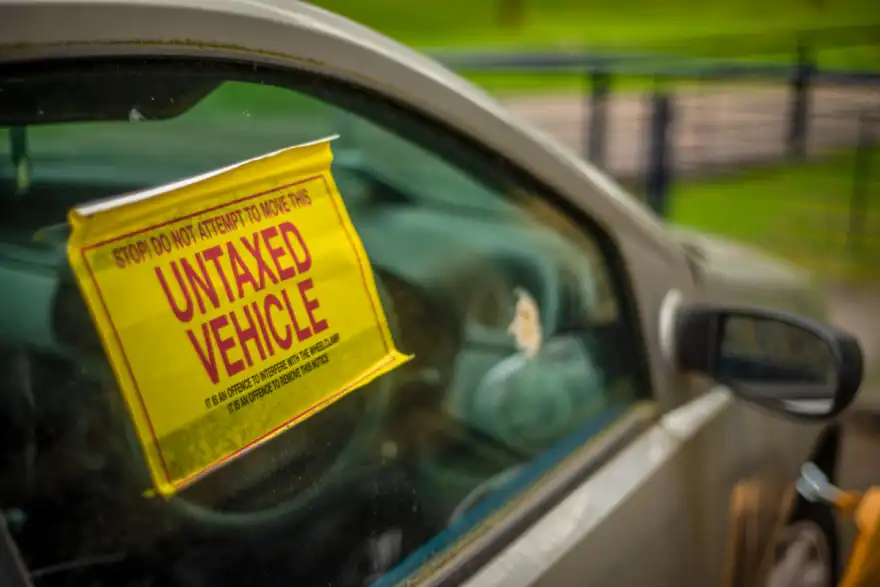
Next month, owning and driving a car is about to get more expensive – including for those with electric vehicles – as changes to road tax kick in.
Most of these changes will affect vehicle excise duty (VED, or car tax), meaning most drivers will end up paying more.
The new rules will vary depending on whether the car was registered after April 1, 2017. For cars registered before that, the old tax system still applies.
Here’s a breakdown of what’s changing:
Petrol and Diesel Car Tax Changes
The biggest changes are in the tax for brand new cars, particularly the “showroom tax,” or first-year VED.
Cars are taxed at two different rates: the first-year rate, which depends on how much CO2 the car emits, and then the standard annual rate after that. The more emissions, the higher the cost.
- Zero-emission cars: The lowest rate of £10 until 2029-30.
- Cars emitting 1-50 g/km of CO2 (including hybrids): A rise from £10 to £110 for 2025-2026.
- Cars emitting 51-75 g/km of CO2 (including hybrids): A rise to £130.
- Cars emitting 76 g/km of CO2 or more: Rates will double.
For example, starting April 1, a Ford Puma’s first-year tax could go from £220 to £440, and a Range Rover’s could shoot up to £5,490 (from £2,745).
Luckily, for most car buyers, the first-year VED is included in monthly finance and leasing payments, which softens the blow.
The second-year rate will stay the same at £190 for all petrol and diesel cars.
Electric Vehicle Tax Changes
EV owners are also losing some perks as the government looks to recover losses from the shift away from petrol and diesel engines.
Starting April 1, all-electric vehicle owners will pay vehicle tax like other car owners, both new and existing EVs.
- First-year VED: £10 (same as before)
- Second-year VED (for EVs bought between April 1, 2017, and April 1, 2025): £195 annually
- EVs bought before April 1, 2017: Continue paying £20 annually
- Hybrids registered after April 1, 2017: Lose £10 discount from April 2025; pay £195 annually from years two to six
- Luxury Vehicle Tax: New EVs costing over £40,000 will incur an extra £425 per year between the second and sixth year
Older Cars
Cars registered between 1984 and 2001 will see a slight increase in their rates.
- Smaller engines: Tax increases by £10 to £220 annually
- Larger engines (over 1549cc): Tax increases by £15 to £360 annually
- Classic cars (over 40 years old): Exempt from road tax
- Disabled vehicles: Exempt from road tax
Vans
Commercial vehicles (vans and pick-ups) are taxed at a flat rate.
- VED for commercial vehicles: £335 for 12 months, rising to £345 from April 1
- Electric vans: Will be taxed at the flat rate from 2025 onwards
Motorcycles
Motorcycle tax is simpler: it depends on engine size. The larger the engine, the more you pay.
- VED: Based on engine size (ranging from £25 to £117 annually)
- Electric motorcycles and tricycles: Will now pay the £25 annual rate for the smallest engine size starting April 1
With these new changes on the horizon, it’s a good time to double-check how the tax hike might impact you, whether you’re buying a new car or already own one. Use Regit's free car tax checker to see how much you'll be paying by April 1.



